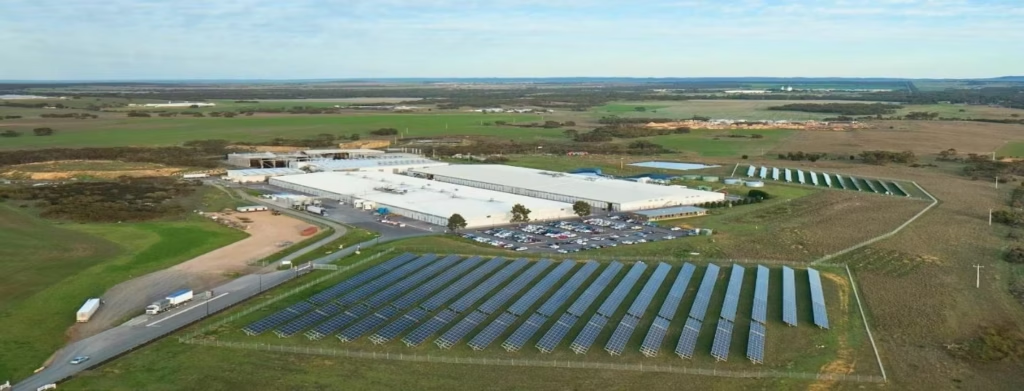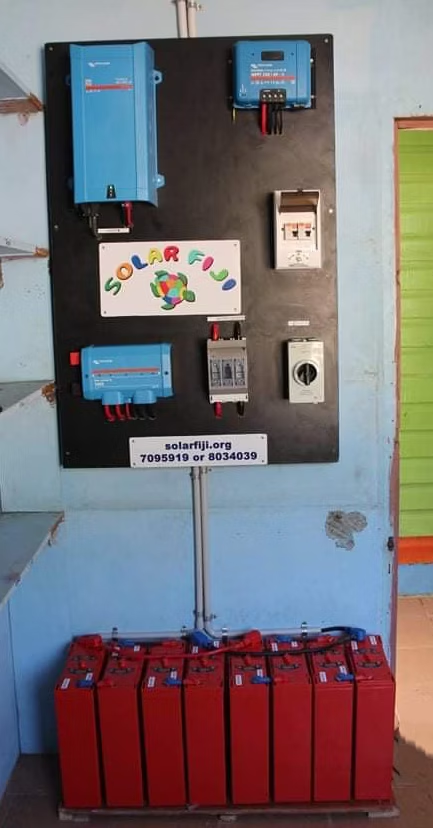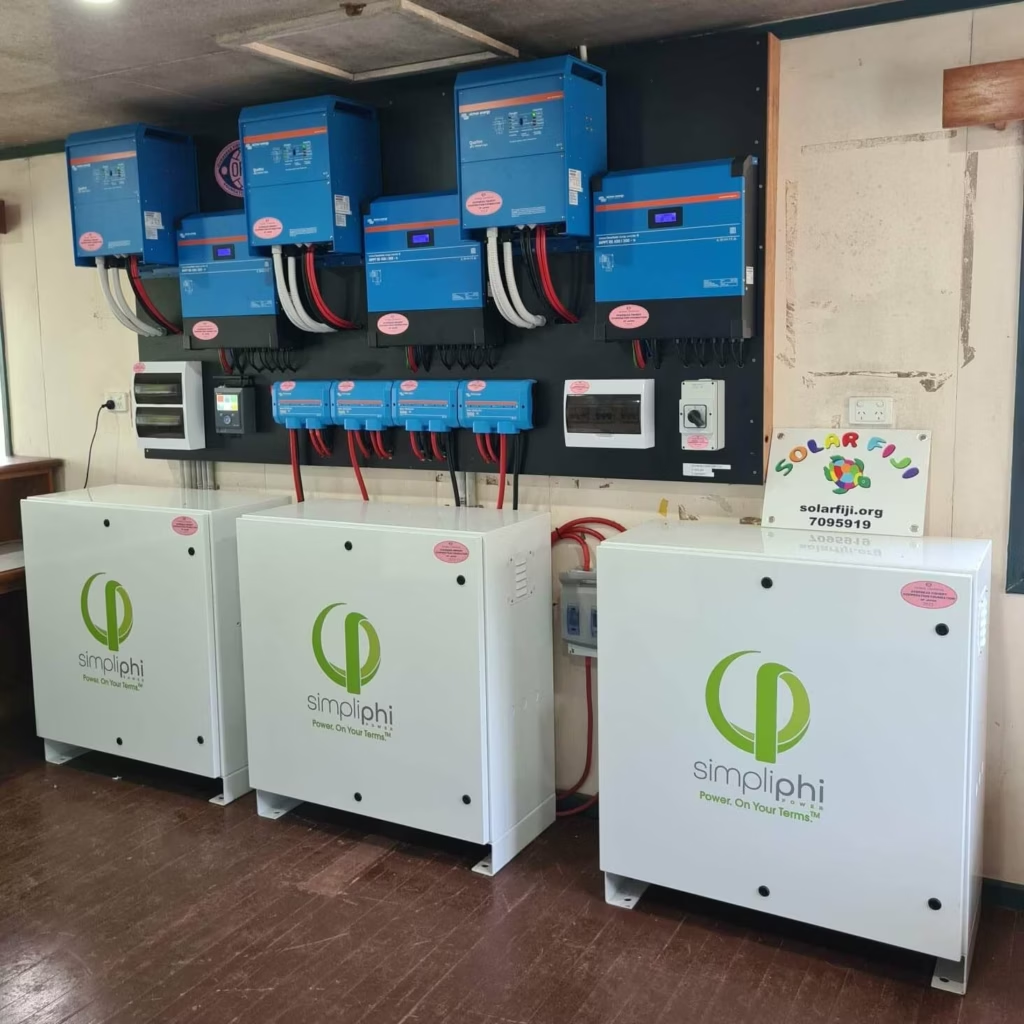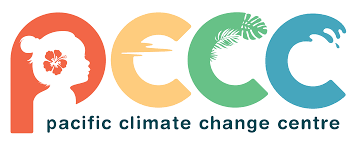Enhancing Food Security and Fisheries for Climate Change Resilience in Pacific Villages and Communities

What is the innovation?
Solar photovoltaic (PV) and battery storage systems offer sustainable refrigeration solutions for agriculture and fisheries, particularly in rural areas with limited electricity. These systems harness solar energy to power refrigeration units and use battery storage to provide electricity when sunlight isn’t available. This combination helps reduce spoilage, improve food quality, and increase income for farmers and fishers.

The Importance of Refrigeration
Refrigeration is crucial in agriculture and fisheries to preserve perishable items like produce, dairy, and fish from spoilage. In areas without reliable electricity, lack of cooling can lead to significant product losses, impacting food security and farmer incomes. Solar-powered refrigeration systems provide a renewable alternative to traditional, costly, diesel generators.
How Solar PV and Battery Systems Work
Solar PV panels capture sunlight and convert it into electricity, which powers refrigeration during the day. Excess solar energy charges batteries, which can then power the system at night or on cloudy days, ensuring continuous operation. Lithium-ion batteries are commonly used due to their high energy density and cost-effectiveness. This setup provides farmers and fishers with reliable, off-grid refrigeration options.
Applications in Agriculture and Fisheries
In agriculture, solar-powered refrigeration extends the shelf life of produce and dairy, allowing farmers to reduce waste and sell products at higher prices. For instance, milk storage benefits from consistent cooling, preventing spoilage and providing more flexible sales opportunities. This is especially valuable in hot climates where high temperatures can accelerate spoilage.
For fisheries, solar-powered cold storage keeps seafood fresh on boats or at landing sites, particularly useful in remote coastal areas. Fishers can preserve quality, expand their market reach, and increase food safety, while reducing reliance on diesel generators.

How does this innovation resolve Pacific-related challenges?
Stand-alone solar PV and battery storage systems provide crucial benefits for refrigeration in tropical South Pacific islands, where access to a utility grid and fuel for generators is limited or costly. Here’s why they are especially valuable:
Reliable Off-Grid Solution: Many tropical islands lack access to a centralized power grid, making it difficult to maintain cold storage for agriculture and fisheries. Solar PV with battery storage offers a self-sufficient energy solution, capturing abundant sunlight to power refrigeration systems day and night, even without any grid.
Improved Food Preservation: With high temperatures and humidity, food spoils quickly on tropical islands. Solar refrigeration extends the freshness of fish, fruits, and vegetables, reducing post-harvest losses and spoilage. This is particularly important for fishers and farmers who depend on keeping products fresh for local markets or export.
Economic Benefits: Reduced spoilage means farmers and fishers can sell a greater portion of their harvest or catch, increasing income potential. Solar-powered refrigeration also enables storage of surplus, allowing producers to time their sales for higher prices and avoid distress selling immediately after harvesting or fishing.
Reduced Dependence on Fuel: Transporting fuel to remote islands is expensive and often unreliable, especially during severe weather. Solar PV and battery storage eliminate the need for diesel generators, reducing both operational costs and logistical challenges associated with fuel dependency.
Environmental Sustainability: Tropical islands are highly sensitive to environmental changes and pollution. By replacing diesel generators with solar, islands reduce carbon emissions and lower pollution risks from fuel, supporting sustainability and protecting marine and agricultural ecosystems.
Resilience to Climate Events: Solar-powered systems with battery storage are more resilient to disruptions caused by storms or hurricanes compared to fuel supplies, which may be cut off during emergencies. This resilience is crucial for food security in tropical islands frequently exposed to extreme weather.
Overall, stand-alone solar PV and battery systems offer a sustainable, practical, and eco-friendly solution that supports food preservation, economic stability, and resilience on tropical South Pacific islands with limited infrastructure.
More information
Pacific Case Study
Solar Fiji has designed, supplied and commissioned dozens of stand alone and hybrid solar PV powered energy systems, utilizing both Lithium and Lead based batteries for fisheries and the agricultural sector. We are currently engaged by both the Fijian Ministry for Agriculture and Fisheries to deploy units across the many islands of Fiji.

